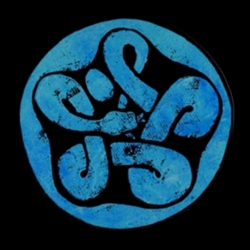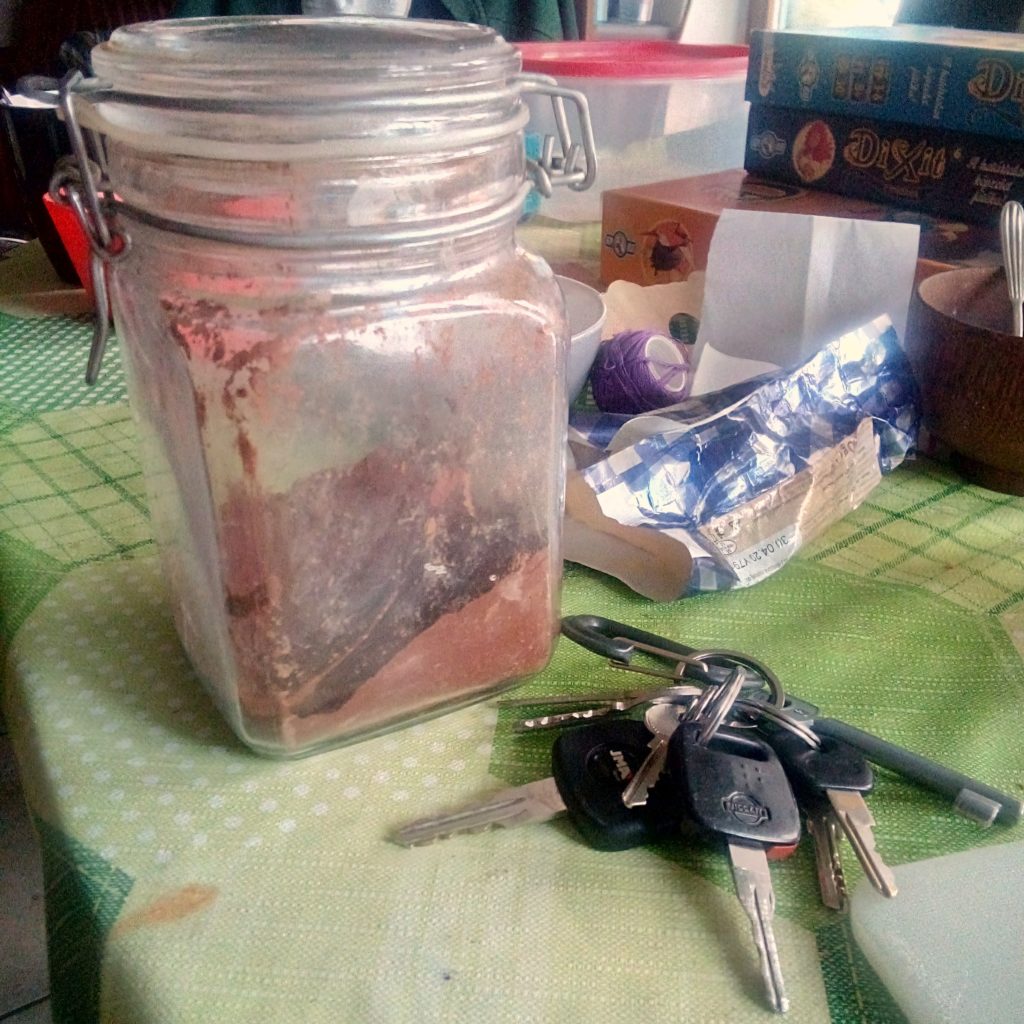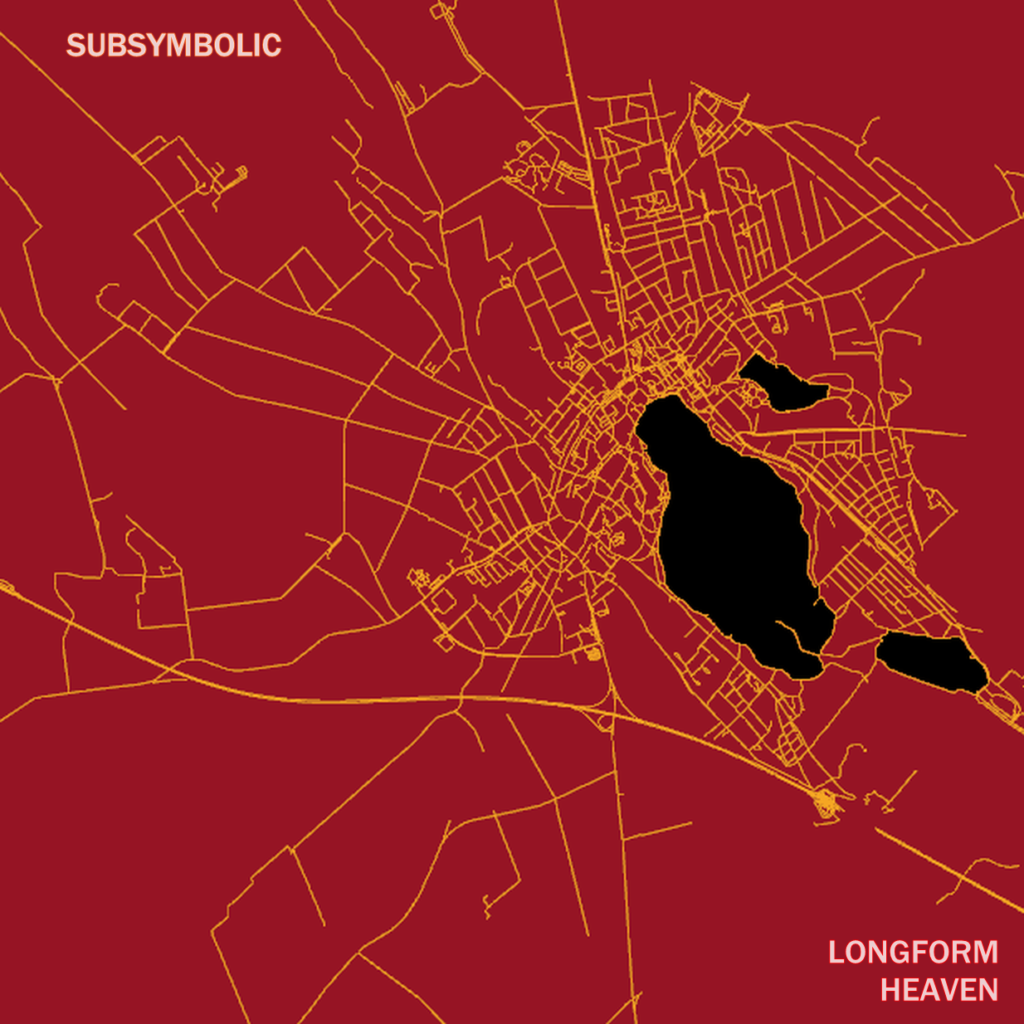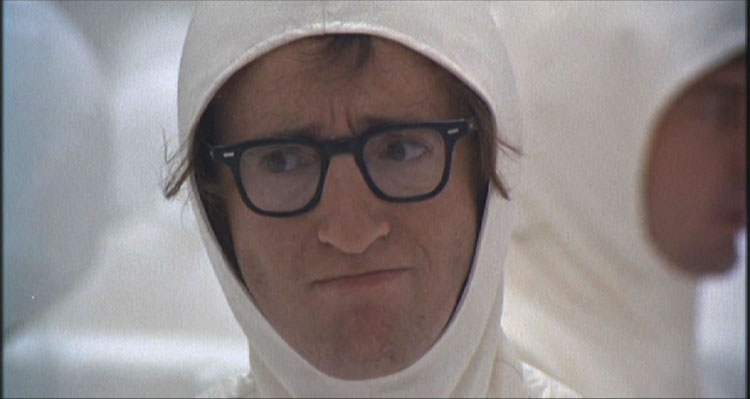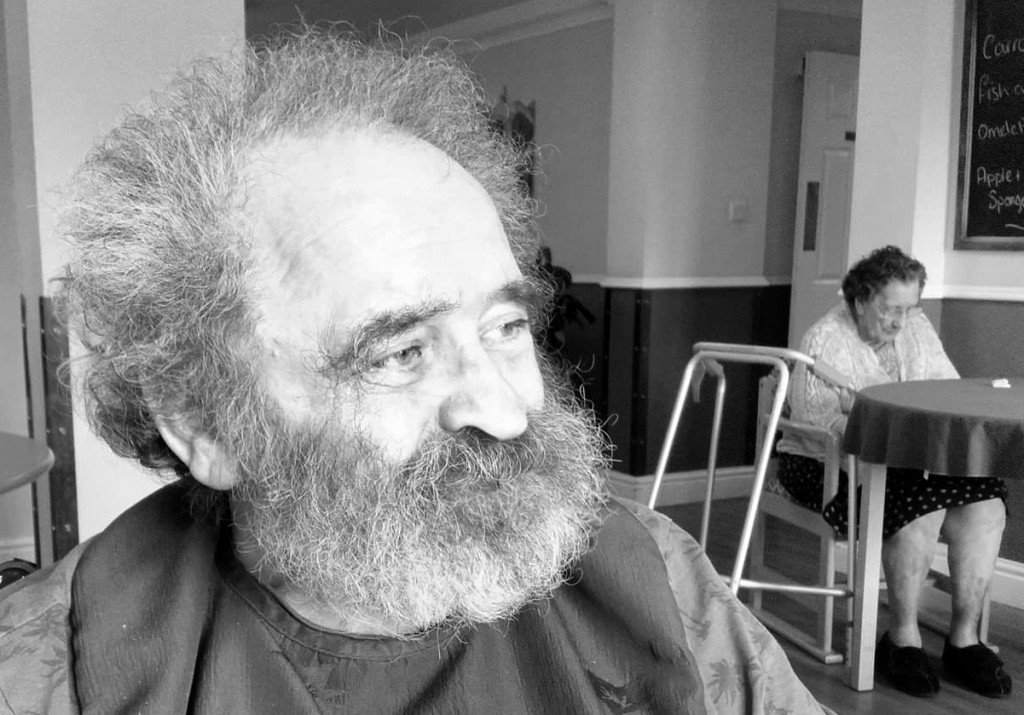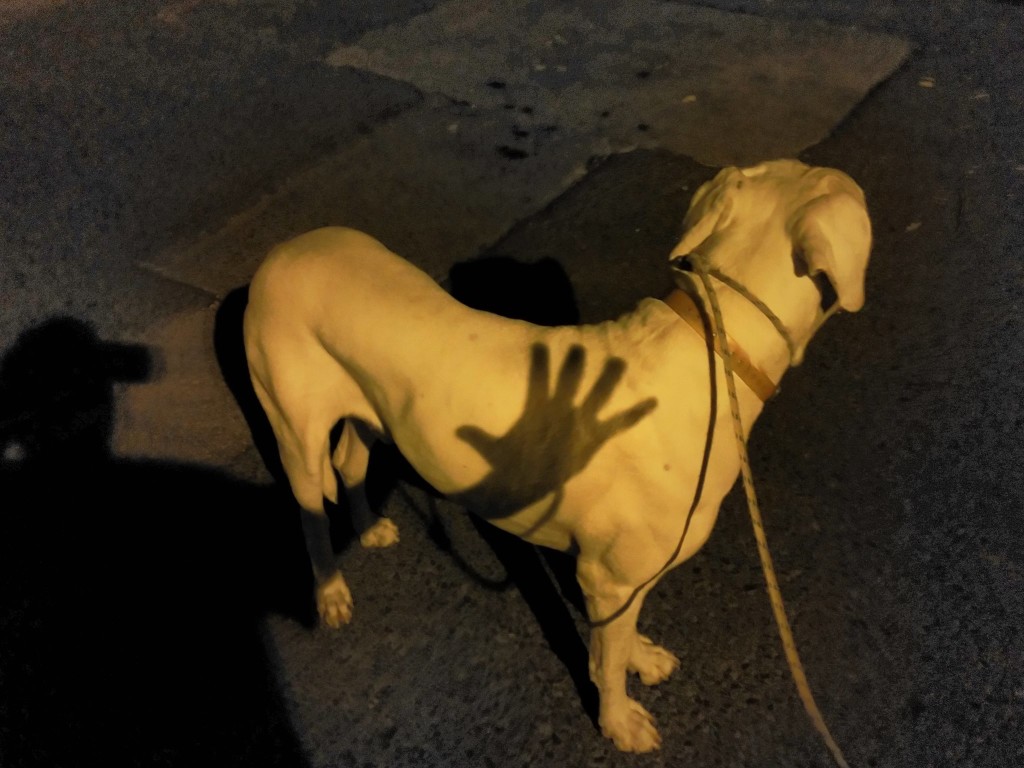fontos állomása volt
az önmagamhoz vezető
hosszú fáradtságos
tekervényes időnként
kifejezetten majdhogynem
monoton ciklikusnak
tűnő utamnak
mondhatni
sivatagi vándorlásomnak
(bár nekem több mint
ötven évbe telt
bizonyos értelemben
tart ma is nagyjából
megláttam már
az ígéret földjét
mondjuk távolról és
korántsem biztos
hogy amit láttam
az az volt
csak vajon
mózes leszek-e
vagy valaki más
aki még életében odaér?)
tehát a fontos állomás
amikor úgy alakult
lett körülöttem egy
új embercsoport
akikkel üdvözlésül
vagy búcsúzóul
bevezetődött így
valahogy az ölelkezés
eleinte volt hogy nehéz
volt megcsinálni a kunsztot
főleg találkozásaink végén
úgy tűnt
próbáltam sandán kifigyelni
hogy rajtam kívül
de egyáltalán
de senkit nem feszélyez
a távozással járó huszonix ölelés
testi közelség saját
szájszagon elmerengés
nem-e a nyakába szuszogok éppen?
borostám nem szúr?
most már elengedhetem?
meg kell várni amíg ő enged el?
sőt volt hogy direkt
feltűnő hirtelenséggel
összepakoltam hogy aztán
görcsös mosollyal integetve
hirtelen távozhatnékra hivatkozással
nem is teljesítettem a teljes pályát
de sokszor már akkor is egyszerűen
csak nagyon jólesett
egy idő után egyre gyakrabban történt meg
hogy már nem volt világos vagy fontos
hogy ki szakította meg
amikor finom volt a másik légzésére figyelni
a magamé helyett egy picit
amikor az ölelni adatott vállból, hátból
tulajdonképpen az egész
emberből
érezni a kisugárzást
(bár nem ilyen spiri értelemben
hanem csak
a környezeténél melegebb test
infravörös sugárzással hőt ad le
ugyebár)
és végül mostanában arra lettem figyelmes
hogy az ölelésekről lassan
lekopik a szimbólumréteg
a tény, hogy ma már tán több mint száz
emberrel is így köszöntjük egymást
lassan többé már
nem az én hűdecsodállatos
sze-mé-lyi-ség-fej-lő-dé-sem-ne-ka
jele és egyben mementója
de még csak nem is az emberiség
jövőbeni kiteljesedésébe vetett hit
az univerzális testvériség
a szabadság
a szeretet
szimbóleuma
hanem például
pont az ölelés maga
a jóleső megérkezés egymás melegébe
az a szeretés
*
és még hozzá akarok tenni egy kicsit
amelyben megemlékezem
életem azon végtelen hosszúságú
naktűnő szakaszáról
amelyben
minden egyes ölelés
minden egyes szociális puszi
gondot okozott
és még olyan társaságban is
ahol rutinszerűen puszilkodva
üdvözölték egymást a barátaim
engem ez rendre elkerült
azt gondoltam
azon rágódtam
hogy bizonyára
valahogy természetem szerint
visszataszító vagyok
viszolyogtató és kellemetlen
afféle lelki
notrödámi toronyőr
pedig valószínűleg az a helyzet
csak sütött rólam
ordított rólam
messziről látszott
milyen nehéz
elfogadnom
hogy igazából
nem is
akarom
*****
***
*
it was an important station
of my long and arduous
meandering and at times
markedly almost
monotonously cyclical
journey towards myself
as we could term it
my wandering in the desert
(though it took me
more than fifty years
in a certain sense
it is still ongoing
i have seen more or less
the promised land
though from a distance and
it is by no means certain
that what i saw
was really that
and whether
i’ll be moses
or somebody else
who will make it there alive?)
so the important station
was when it so happened
that there arose around me
a new group of people
with whom i somehow
got introduced to the habit
of hugging in greeting
and in parting
initially it was difficult
for me to do the deed
particularly when
we concluded our meetings
i was casting surreptitious glances
it seemed that
apart from me
nobody i mean
absolutely nobody
felt awkward in the face of
the twenty-few embraces
bodily proximity
wondering about my
breath if it’s bad
am i panting on her neck right now?
is my stubble prickly?
can i let go now?
should i wait for her to let me go?
indeed at times i purposefully
packed up in conspicuous haste
waved my hand with a cramped smile
and claimed a sudden urge to leave
so as not to have to go the whole course
but even then on many other occasions
it simply felt so great
after a while it became more and more common
that it was no longer clear or important
who broke it up
when it was just nice listening to the other’s breath
instead of my own for a little while
when i could feel from the shoulders, the back
given for me to embrace
from the whole person really
this radiation
(though not in that “spiritual” sense
but rather only
because as we all know
bodies that are warmer
than the space around them
emit infrared
to shed energy)
and finally more recently i have noted
that slowly the layer of symbolism
is wearing off the hugs
the fact that this is how I greet
more than a hundred people now
is slowly no longer
the sign and also memento
of my everso-amazing
per-so-na-li-ty-de-ve-lop-ment
and not even a mighty symboleum
of a faith in the future perfection of mankind
of universal fraternity
of freedom
of love
but rather for instance
the very hug itself
the welcome mutual arrival into the warmth of the other
is the loving
*
i still want to add a little bit
in which i commemorate
that seemingly infinite
period of my life
when every single hug
every single social peck
was a bother
and even in company where
my friends routinely greeted each other
by kissing each other on the cheek
i was mostly not included
I thought
broodingly speculated
that clearly
and somehow by my very nature
i was repulsive
loathsome and unpleasant
a sort of mental hunchback
of notre dame
and yet very probably in actuality
i was simply broadcasting on all frequencies
it must have been obvious in my face
from quite a distance
how difficult it was
for me to accept
that in truth
i didn’t
want it
and whether
i’ll be moses
or somebody else
who will make it there alive?)
so the important station
was when it so happened
that there arose around me
a new group of people
with whom i somehow
got introduced to the habit
of hugging in greeting
and in parting
initially it was difficult
for me to do the deed
particularly when
we concluded our meetings
i was casting surreptitious glances
it seemed that
apart from me
nobody i mean
absolutely nobody
felt awkward in the face of
the twenty-few embraces
bodily proximity
wondering about my
breath if it’s bad
am i panting on her neck right now?
is my stubble prickly?
can i let go now?
should i wait for her to let me go?
indeed at times i purposefully
packed up in conspicuous haste
waved my hand with a cramped smile
and claimed a sudden urge to leave
so as not to have to go the whole course
but even then on many other occasions
it simply felt so great
after a while it became more and more common
that it was no longer clear or important
who broke it up
when it was just nice listening to the other’s breath
instead of my own for a little while
when i could feel from the shoulders, the back
given for me to embrace
from the whole person really
this radiation
(though not in that “spiritual” sense
but rather only
because as we all know
bodies that are warmer
than the space around them
emit infrared
to shed energy)
and finally more recently i have noted
that slowly the layer of symbolism
is wearing off the hugs
the fact that this is how I greet
more than a hundred people now
is slowly no longer
the sign and also memento
of my everso-amazing
per-so-na-li-ty-de-ve-lop-ment
and not even a mighty symboleum
of a faith in the future perfection of mankind
of universal fraternity
of freedom
of love
but rather for instance
the very hug itself
the welcome mutual arrival into the warmth of the other
is the loving
*
i still want to add a little bit
in which i commemorate
that seemingly infinite
period of my life
when every single hug
every single social peck
was a bother
and even in company where
my friends routinely greeted each other
by kissing each other on the cheek
i was mostly not included
I thought
broodingly speculated
that clearly
and somehow by my very nature
i was repulsive
loathsome and unpleasant
a sort of mental hunchback
of notre dame
and yet very probably in actuality
i was simply broadcasting on all frequencies
it must have been obvious in my face
from quite a distance
how difficult it was
for me to accept
that in truth
i didn’t
want it

